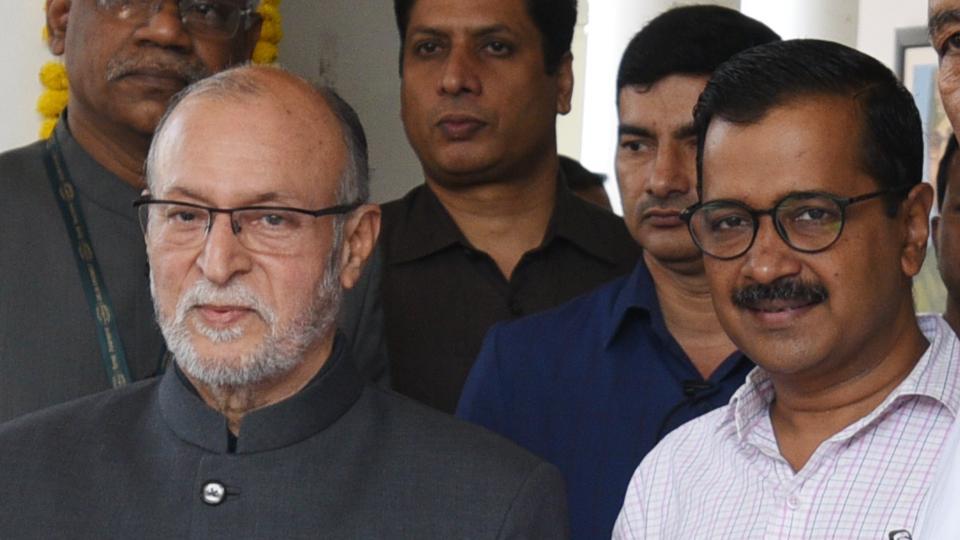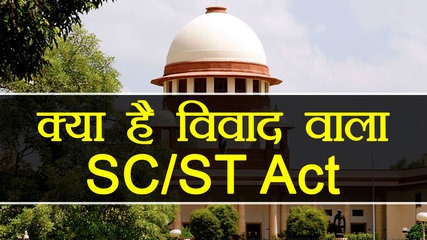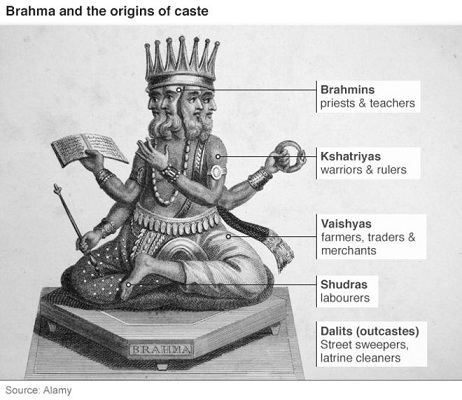Main components of communism in India responsible for partition in 1947

1. The British Hand:
British masters who preferred to use the policy of divide and rule as per their need and convenience sowed the seed of Communism in India.
Many communal parties like Muslim League had patronage of the government for a considerable period of time.
The British used the League to counterpoise the rising nationalism and keep the emerging Muslim intelligentsia from joining the Nationalist Movement.
The British also encouraged the League to approach the Muslim masses and assume their leadership. The idea of Pakistan was not new to the bureaucracy.
After 1940, when the Muslim League had declared Pakistan as its goal, it received direct and indirect encouragement from the British Government.
In their public utterances officials had harped on the differences, which divided Hindu and Muslim. British visualized a divided India although they continued to render lip service to the idea of unity.
2. Hindu Communism:
Part of the blame for the culmination of Muslim Separatism in the demand for Pakistan must also go to certain Hindu organizations like the Hindu Mahasabha.
In its early stages nationalists like Pandit Malviya and Lajpat Rai led the Mahasabha and its main object was to supplement and strengthen the Congress.
But conservative and reactionary elements gradually assumed a dominant position in the Mahasabha and by 1937 under the leadership of V.D.Savarkar it propagated the doctrine of Hindu Rashtra.
Hindu Communal nationalism was a reaction of Muslim Separatism and the bureaucratic patronage enjoyed by the latter.
3. The Two-Nation Theory and Muslim Communism:
The Muslim League from its very inception was a communal body established to look after the political rights and interests of the Muslim community alone.
The Muslim demand for Pakistan was based on the two-nation theory. It developed between 1937an 1940.
It was based on the fact that Hindu and Muslim follow different and distinct social orders. They belong to two different religions with distinct philosophies, social customs, literature’s etc.
They neither inter-marry nor inter-dine together and, indeed they belong to two different civilizations. Their aspects and life are different.
It is quite clear that Hindus and Mussalmans derive their inspiration from different sources of history. They have different heroes, different episodes.
Very often the hero of one is the foe of the other and likewise their victories and defeats overlap.
To yoke together two such nations under a single state, one as a numerical minority and one as a numerical majority must lead to growing discontent and final destruction of any fabric that may be built up for the Government of such a state.
click Here For Free Online Test Series:- Online Exam for IAS, UPSC











